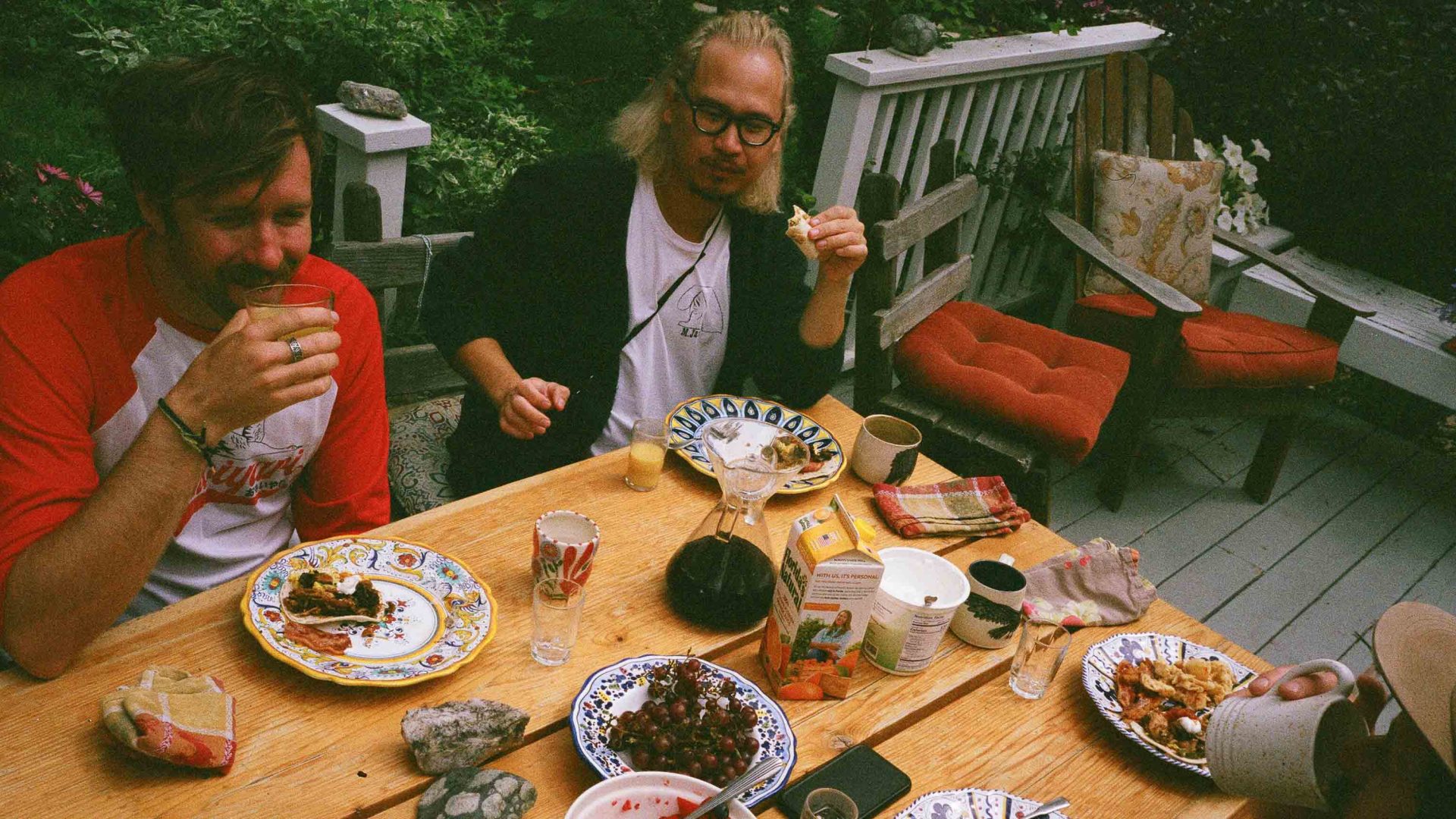
Post-vacation depression isn’t a clinical diagnosis, but it’s an emotional phenomenon that many of us can relate to. Writer Lauren Steele delves into the depths of what her post-vacation happiness hangover means—and what it doesn’t.

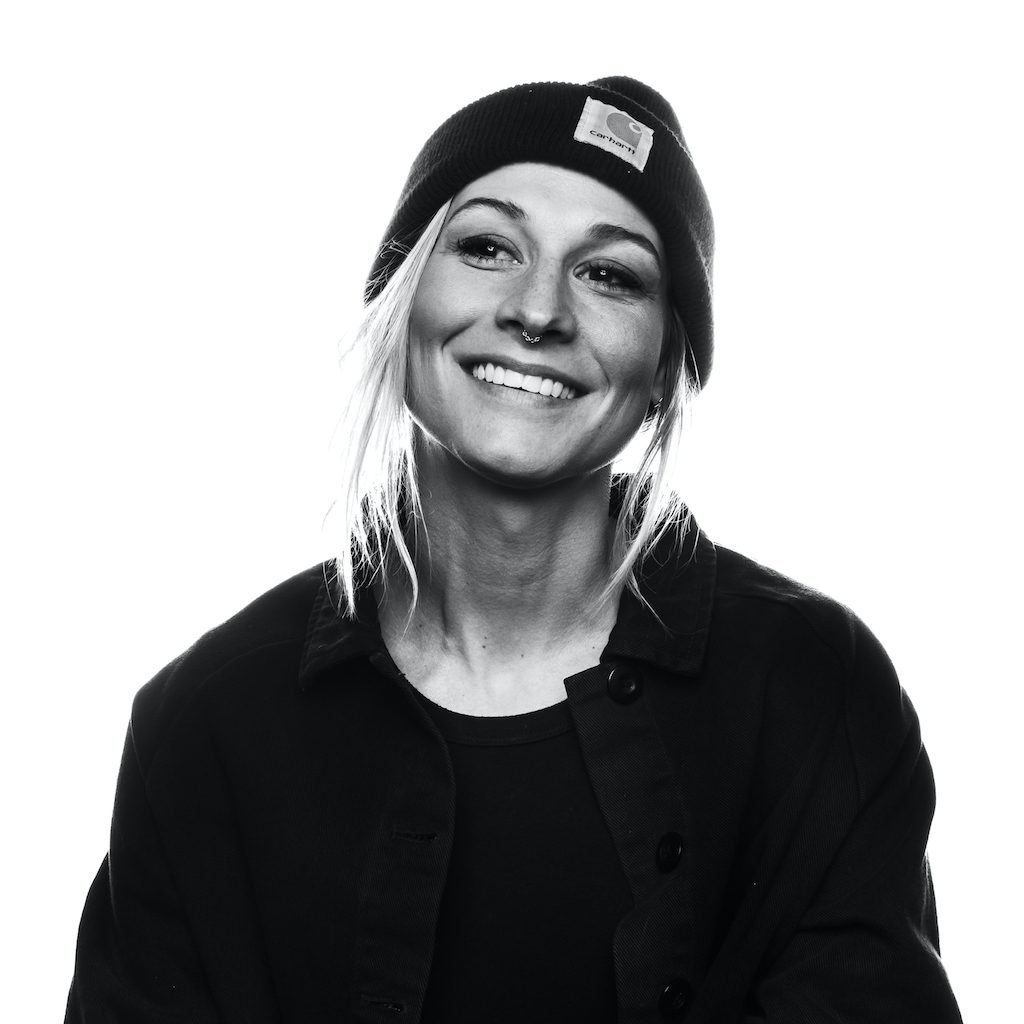
Post-vacation depression isn’t a clinical diagnosis, but it’s an emotional phenomenon that many of us can relate to. Writer Lauren Steele delves into the depths of what her post-vacation happiness hangover means—and what it doesn’t.
After 19 days of traversing the peaks and valleys of Slovenia’s Julian Alps and winding our way through the pale high passes of the Dolomites, I felt an immaculate sense of balance. “Life is good,” the voice in my head determined, without any cynicism or cliché.
There was no itchy sense to get home, nor that intense longing to extend our vacation a day, a few days, maybe a lifetime more. I was just… happy. Boarding the plane in Venice with my heart full and my mind congruous, I was at peace with getting back to the US and to my home and career. Maybe this holiday had worked like we all always hope a holiday will. Perhaps this time, I really was recharged and reset. Before the wheels of the plane touched down at Hartsfield-Jackson Atlanta International airport, my inbox was back at zero.
Chatting during my first week back with colleagues, I recounted miles spent clambering across granite faces, mountain huts that welcome trekkers to the most remote basins and towering cirques with warm polenta and good company, and the calypso song of cowbells that followed us wherever we went. The monologue ended with a proclamation of motivation to be back at work and a deep well of energy now at my disposal. Oh, how thankful I was to have experienced such a textbook holiday and, somehow, escape the dreaded “post-vacation blues.”
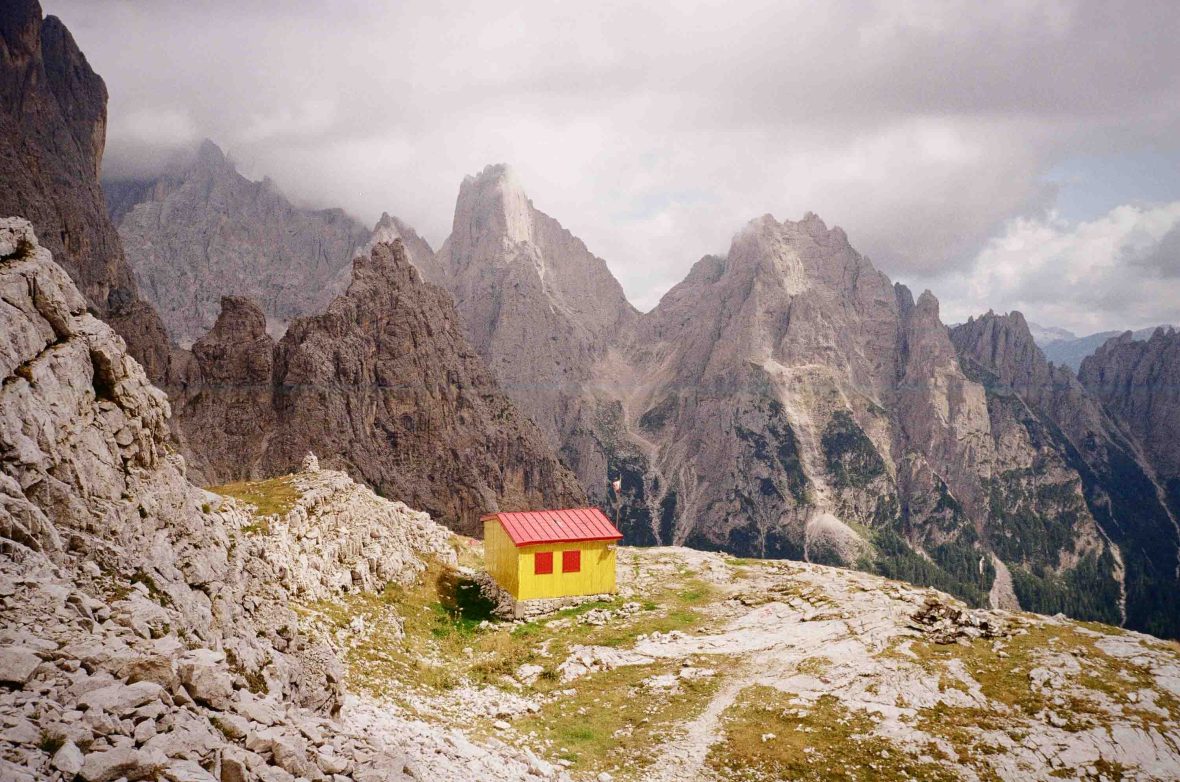
Then week two hit.
One morning, upon waking, I stared listlessly at my phone. Then the white walls of the bedroom. Then back at my phone. Then at my dogs, wondering what it must be like to live rent-free in this house. Rousing myself to get vertical was akin to moving a megalith. Opening my inbox felt Sisyphean. When my partner, clearly seeing my demeanor take a flagrant U-turn from the days before, carefully asked, “Are you okay?”
“I don’t know what I am. I’m just blah.”
The motivation? Gone. The sense of purpose and direction? See ya. ‘Recharged battery?’ Never knew her.
It seemed, at last, the post-vacation blues had crossed the Atlantic and caught up to me.
A quick Google search returns a lot of info on “post-vacation depression,” most of which seems to vary. Some sources define it as an inability to enjoy your trip while on it—akin to a kid on Christmas morning being more excited to open presents than to play with them once they’re unveiled. Another definition I read deemed the experience to be the letdown of getting back into a routine once you’re home. Some sources blame the melancholy feeling on the pressure of expectation we’ve put on our first travels since the outbreak of COVID-19.
Others pointed to a lack of deliberate planning for your re-entry into routine and “normal” life. There were points made about choosing the wrong “rejuvenating” experience for your interests and needs, screen time, and even deciding whether or not to have dessert while on vacation. If I need to think about every minute detail of my holiday while on it, it’s not going to feel like much of an escape at all. But I guess there can’t be a comedown if there’s no room whatsoever for a high.
The most medically-sound explanation of what I was experiencing came from licensed clinical social worker Alisha Powell, who defines post-vacation depression as “three days to two weeks after a vacation where one experiences varied symptoms of depression (though it’s not a clinical term).”
Per Powell’s description, those experiencing post-vacation depression may feel symptoms like mental exhaustion, irritability, trouble sleeping, intense feelings of sadness, anxiety, trouble concentrating, and lack of motivation — aka, in my own words, “Blah.”
But why do we experience these feelings? A 2010 study found that vacationers reported a higher degree of pre-trip happiness when compared to non-vacationers possibly because “they are anticipating their holiday.” But the study also found that there is no difference between vacationers’ post-trip happiness and non-vacationers’ general happiness.
An experience that teaches us that the world is big, that people are more alike than we want to realize at times, and that we can grow as individuals spiritually, physically, and emotionally can cause a shift within us—and in our brains.
The Journal of Happiness Studies published a study in 2011 that found from a testing pool of 3,650 participants, those who had been on vacation appeared to be marginally happier, in terms of a hedonic level of affect, than those who had not. Additionally, the effect of holiday trips on vacationers’ happiness was found to be “mostly short-lived.”
Much of the research swirling around a post-vacation bummerfest hinges on the idea of expectation and anticipation. But what didn’t connect with me after a deep dive into the research was the idea that I had put so much pressure on my opportunity to travel that I oversold my experience and was now pining for another getaway, or was left unprepared for getting back into my routine at home.
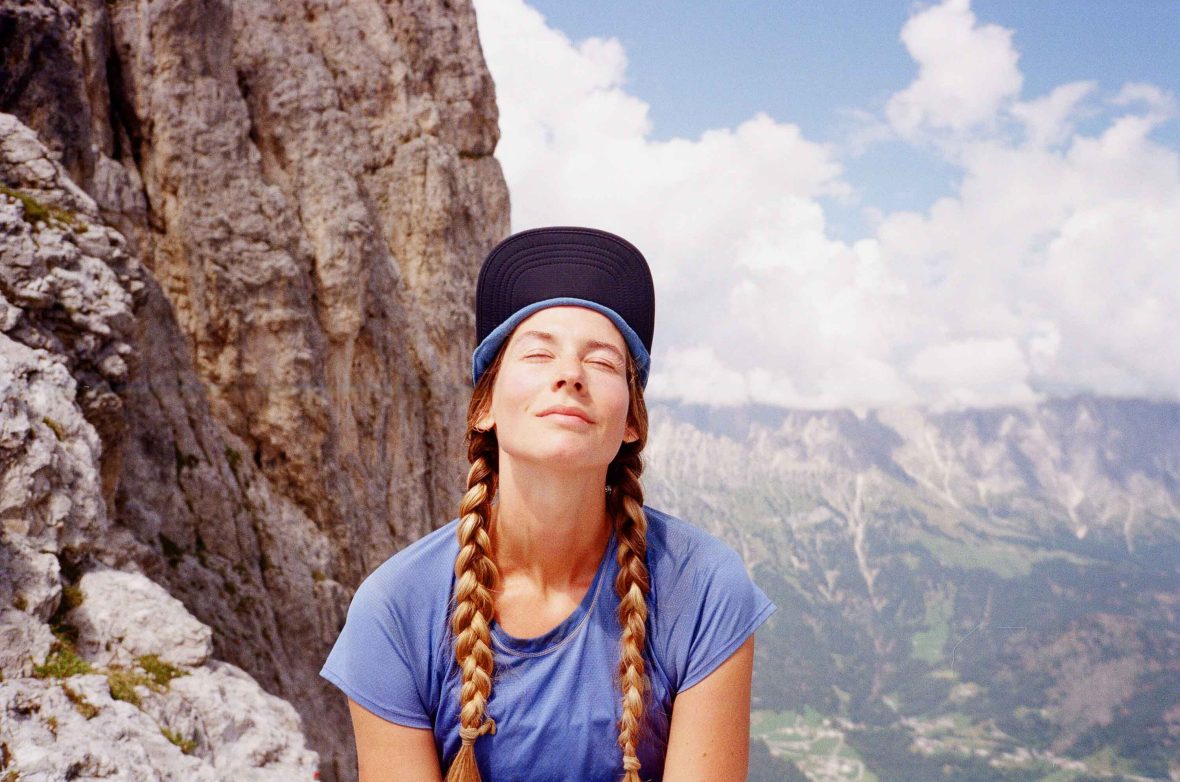
But leaning into the ideas around why we experience post-vacation blues according to behavioral psychology’s frameworks of expectation and anticipation has led me to a place that feels to hit the nail on the head a little more squarely: Satisfaction.
I was truly satisfied on my vacation (and no, I don’t think my reflection on this can be pinned on Nobel Prize-winning Israeli psychologist Daniel Kahneman’s peak-end theory, a psychological heuristic in which people “judge an experience largely based on how they felt at its peak and at its end, rather than based on the total sum or average of every moment of the experience.”)
Sure, there were times when I was stressed about catching a bus, and others when I caught myself doom-scrolling while passing the time. There isn’t some fantasy I’ve conjured that a “good vacation” means every moment was enriching, adventurous, or easy. But an experience that teaches (or, in my case, reminds) us that the world is big, that people are more alike than we want to realize at times, and that we can grow as individuals spiritually, physically, and emotionally can cause a shift within us—and in our brains.
Stated scientifically, “Association between real-world experiential diversity and positive affect relates to hippocampal–striatal functional connectivity.” That translates in the real world to: “New and diverse experiences are linked to enhanced happiness,” as Catherine Hartley, an assistant professor in New York University’s Department of Psychology, puts it.
Diverse experiences and new environmental exposures can change us for the better. As a recent study, published in July, explains: “There are some robust effects of life events on personality change.” And when we change, we bring that change back to the routines, practices, and environments of our life at home. Sometimes, they don’t jive.
And that’s what became clear to me: I wasn’t satisfied with my routine at home now. And I needed to have more fun day-to-day.
“…People feel happier when they have more variety in their daily routines—when they go to novel places and have a wider array of experiences,” explains Hartley in an NYU release. “And the opposite is also likely true: Positive feelings may drive people to seek out these rewarding experiences more frequently.”
In the days that have followed, I’ve ditched my former to-dos of running, working, writing, climbing, emailing, and eating that came with a sense of duty. Instead, I’ve given myself new options: Reaching out to friends to have dinner during the work week more often than I used to. I’ve incited tickle-wars with my partner and giggled ‘til we cried. I went to the woods and took photos of the changing leaves instead of running. Hanging outside with our dogs. Taking a book to the climbing gym so I can read on the patio when I’m finished with my workout. Trying new foods. Scheduling a mid-day catch-up with a dear friend.
Little by little, it’s adding up. The melancholy feeling is burning off like a fog in the morning. Things feel more… fun. And I’m remembering that the world is big, that people are more alike than I want to realize at times, and I can grow as an individual spiritually, physically, and emotionally—just as much here as I can on vacation.

Lauren's body of work includes stories on just about everything – from skiing in the untouched mountains of Kyrgyzstan to Chilean national fùtbol champs to hanging out with the Wu-Tang Clan. She has written and edited for publications such as The Wall Street Journal, Outside, Rolling Stone, Vice, Men’s Journal, Complex, and WIRED. She is a contributing editor for Adventure.com.
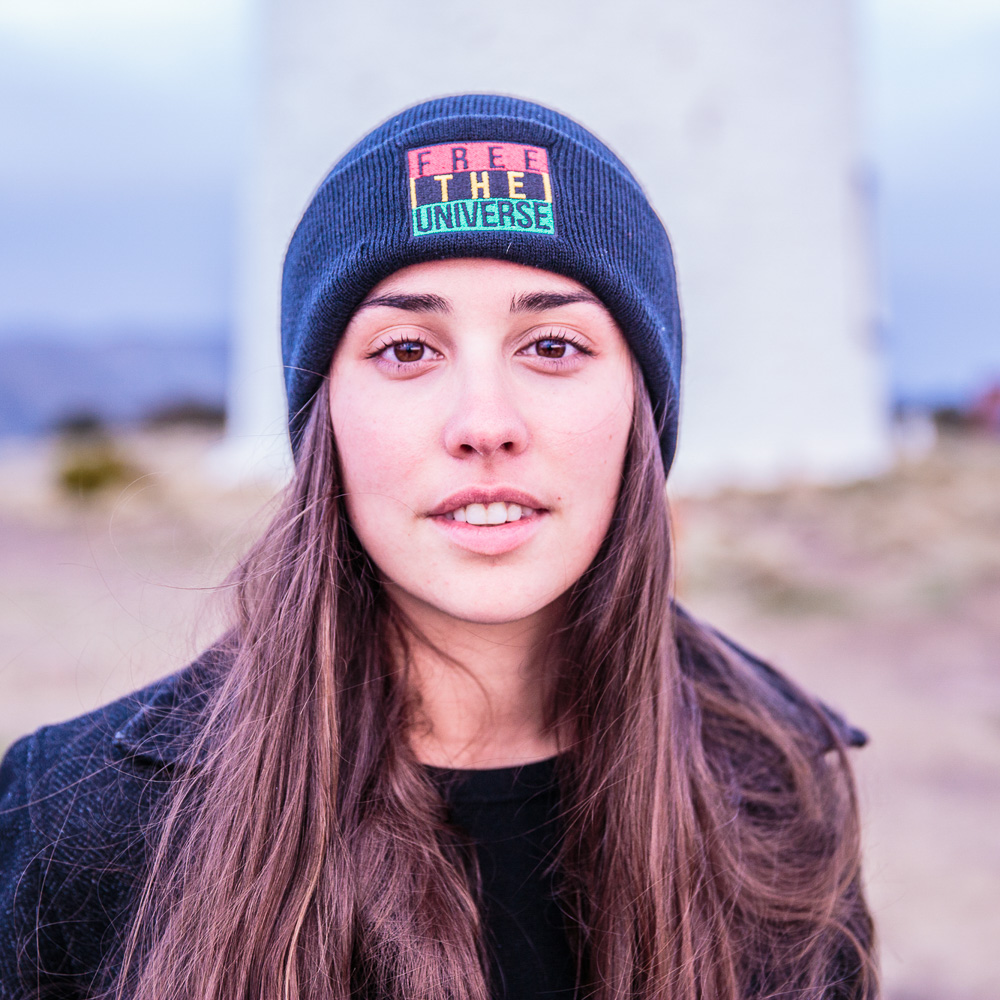

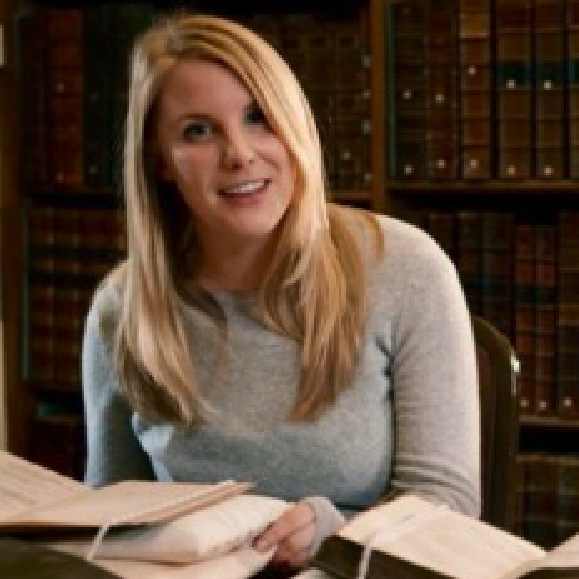

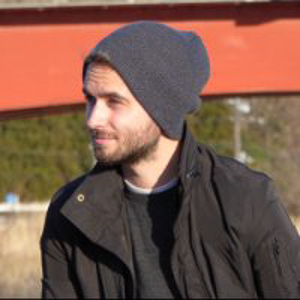

Can't find what you're looking for? Try using these tags: